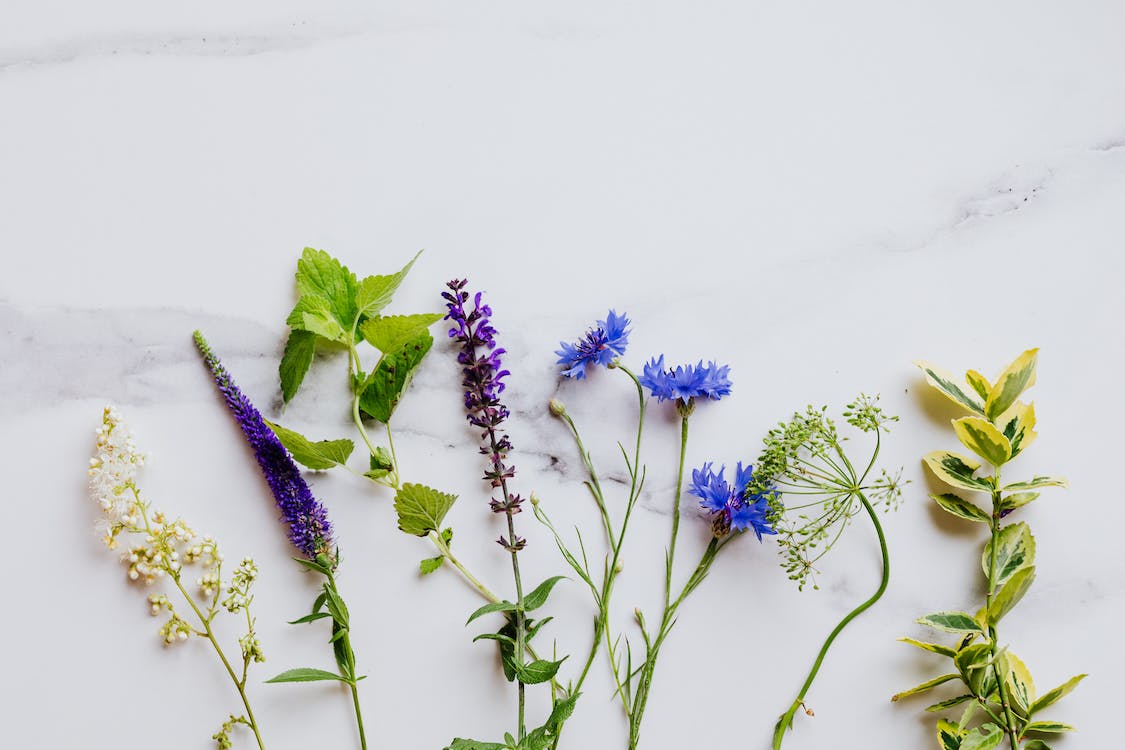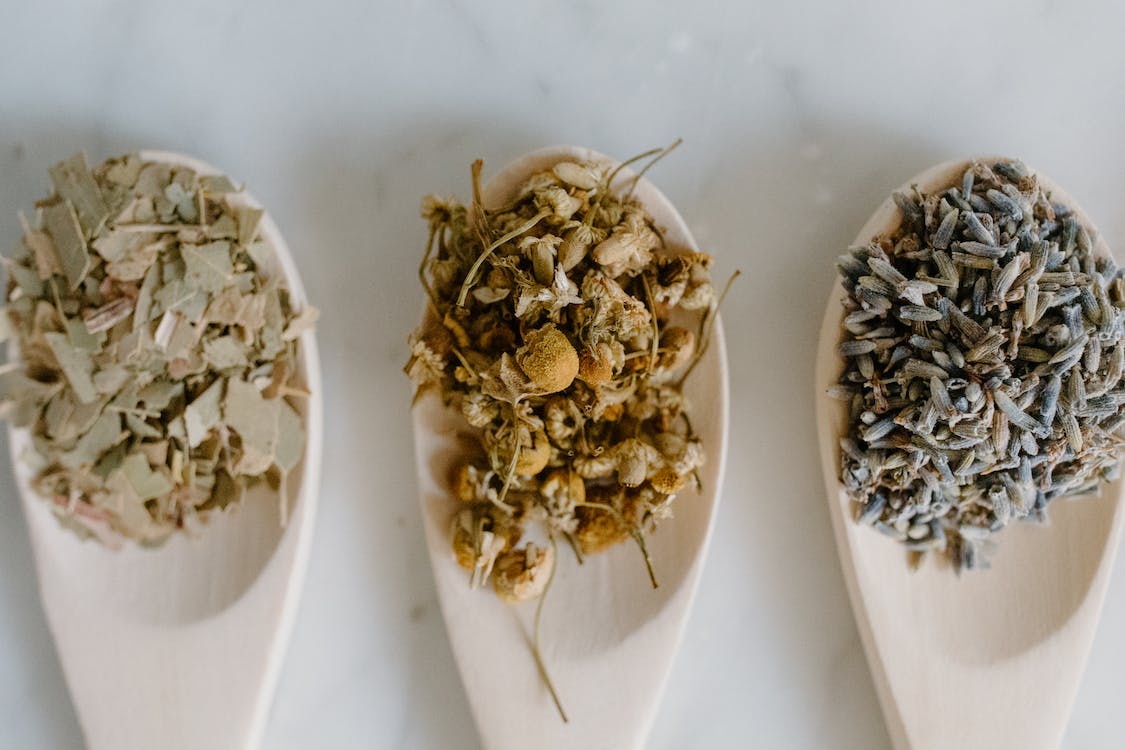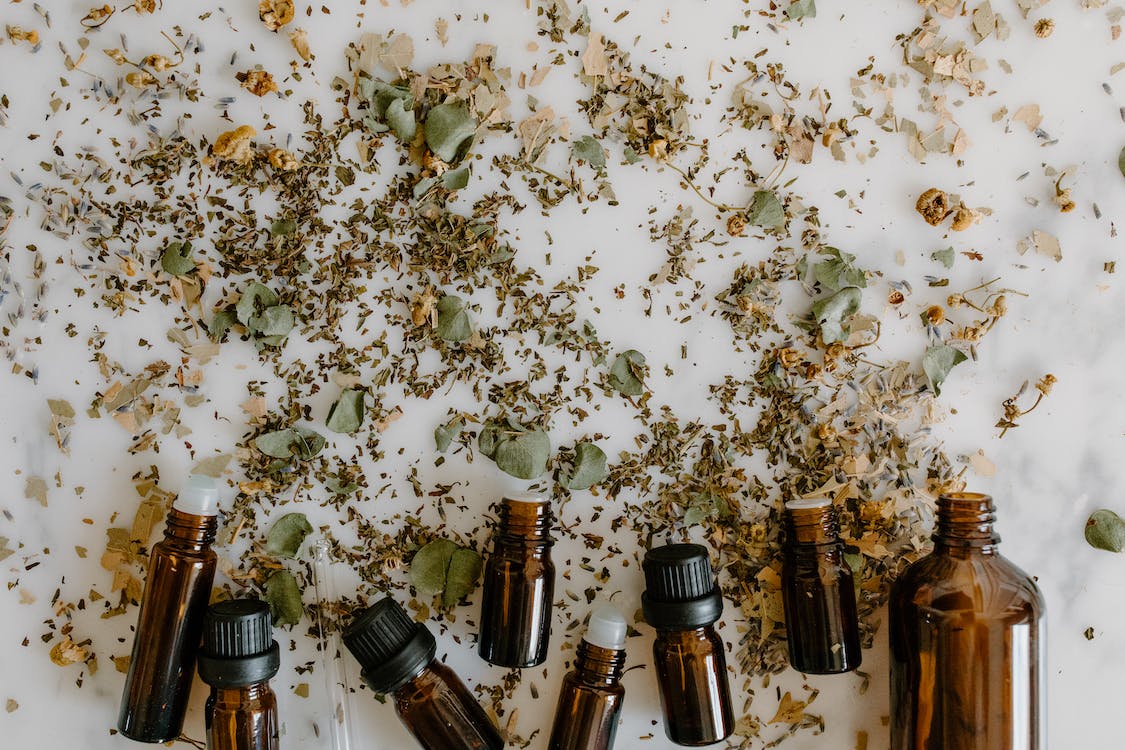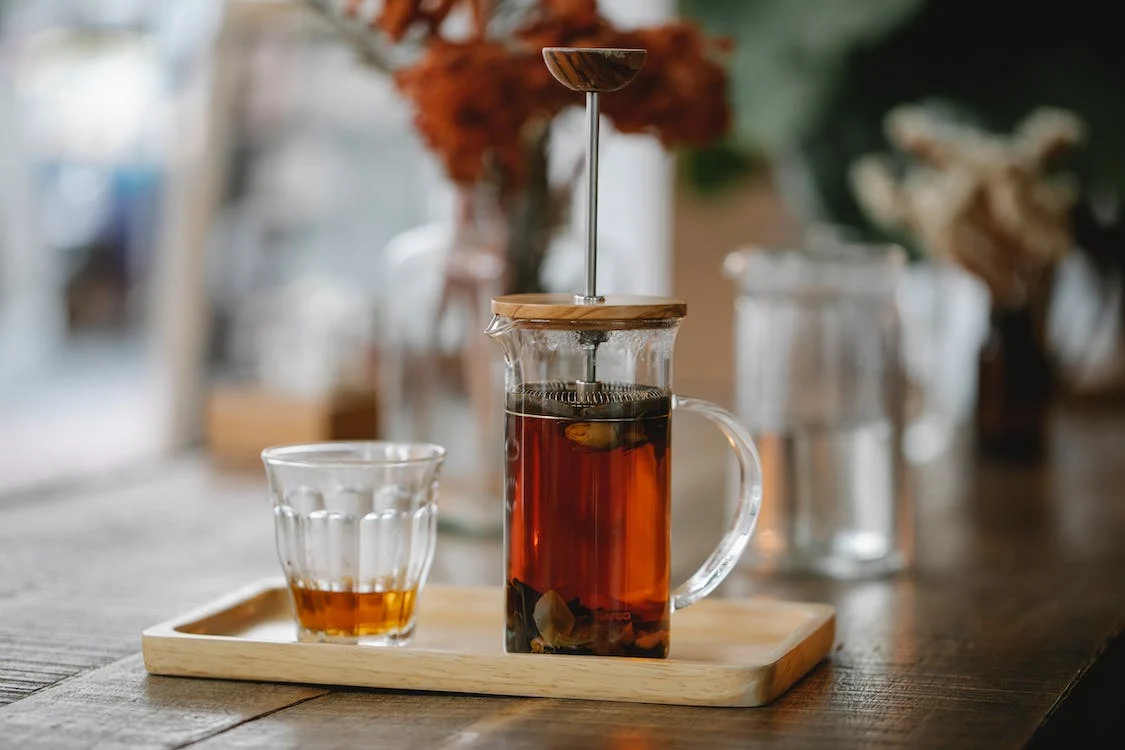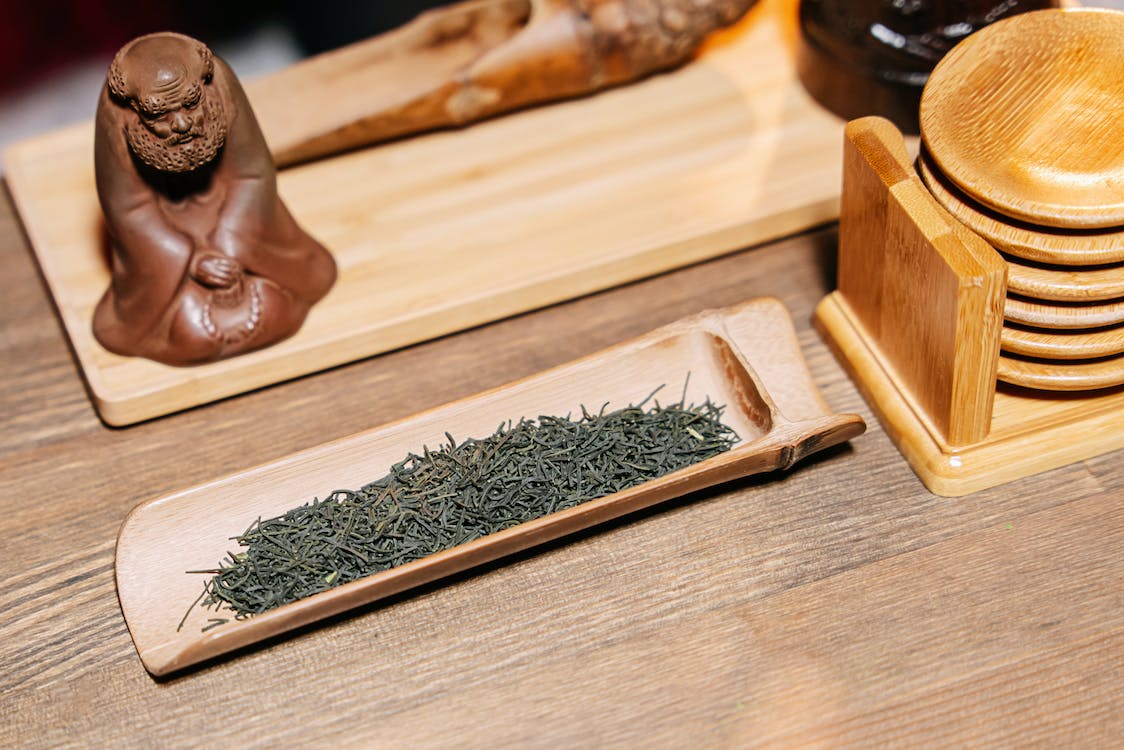The ancient wisdom of herbal treatments is enjoying a revival in a world where modern medicine frequently takes center stage. With their powerful therapeutic qualities, holistic herbs provide a natural and all-encompassing approach to health and well-being. These ancient botanical gems are finding their way back into our daily lives, from calming chamomile to energizing ginseng. This article will introduce you to the fascinating world of medicinal herbs and teach you how to include them in your diet to experience a new level of well-being and vigor. Join us as we explore the therapeutic potential of nature’s medicine, one plant at a time.
Benefits of Medicinal Herbs
For ages, people have relied on herbal medicine as a reliable kind of treatment. Or, at the very least, 60,000 years. Some people worldwide utilize herbs for basic healthcare. Although it falls under the area of alternative medicine, it is fundamentally linked to obtaining the highest levels of total wellness, healing, and holistic preventative action. When utilized effectively, the ripple effects of these advantages have the power to alter lives.
Cost-effective and accessible
Always take high-quality herbs in the amounts recommended by a licensed naturopath, in regulated quantities. This phase in the process of obtaining herbs can occasionally be perceived as a financial barrier, however (for respectable naturopaths) this is somewhat of a fallacy. Seeing a naturopath for herbal medicine is a more cost-effective choice because most general practitioners no longer provide bulk billing. The correct herbs can help with illness prevention, continued health and wellness, and disease treatments. Herbs, either alone or in conjunction with medicines (which must always be discussed with your naturopath), can have very high effectiveness at quite small doses. So, for a relatively low price point, a little goes a long way. Effective herbs will also guarantee that you visit your GP and naturopath much less frequently.
Natural remedy
Herbs are an entirely natural method of treatment, prevention, and health promotion. They are a safe and effective alternative to or supplement to various pharmaceutical drugs when used as directed and specially recommended for your requirements. There are very few if any, drawbacks to incorporating herbal medications into your holistic health routines when utilized appropriately.
Reduced chance of adverse consequences
Herbal medicine has far fewer adverse effects when used as directed, in contrast to many prescription drugs. Their ingredients are created to continuously bolster and sustain the body. They have much fewer incidences of severe responses, dependence, and problems despite having a high effectiveness. You will not have crippling comedowns if you decide to quit using herbal remedies; at best, you could notice the return of the symptoms you were trying to get rid of with the herbs, but not to a higher degree.
Popular Medicinal Herbs and Their Uses
Here are a few typical medicinal herbs. The majority of herbs have not been thoroughly examined to determine their efficacy or if they interact with other herbs, vitamins, medications, or meals. Interactions can also occur when products are added to herbal medicines. It is crucial to inform your healthcare professionals about any herbs or dietary supplements you are utilizing because “natural” does not equate to “safe.”
Chamomile (Flower)
In the United States, chamomile is frequently used for anxiety and relaxation and is seen by some as a panacea. It is used in wounds in Europe to speed healing and reduce swelling or irritation. Only a few research have examined how effectively it treats various conditions. Popular applications for chamomile include tea and compresses. The FDA deems it to be safe. It could exacerbate sleepiness brought on by drugs, other herbs, or dietary supplements. Some medications may be improperly metabolized by the body as a result of chamomile, leaving some individuals with excessive levels of the medication.
Skin discomfort from radiation cancer treatments may be treated with topical chamomile. During chemotherapy, chamomile capsules might be helpful to manage vomiting.
Ginger (Root)
The most well-known usage of ginger is as a remedy for nausea and motion sickness. When pregnant or suffering from chemotherapy, ginger may ease nausea. Two more applications for ginger are being studied: as an anticancer agent and in surgical procedures. Its potent anti-inflammatory and antioxidant properties may contribute to its broad spectrum of benefits.
Bloating, gas, indigestion, and nausea are examples of the documented side effects that may occur in certain individuals.
Goldenseal (Root, rhizome)
The herb goldenseal is used to cure eye and skin irritations as well as diarrhea. Additionally, it serves as an antiseptic. Additionally, it is an untested cold remedy. Berberine, a plant alkaloid with a long history of therapeutic usage in both Chinese and Ayurvedic medicine, is present in goldenseal. Goldenseal can treat diarrhea. However, because it might be dangerous in excessive amounts, it is not advised. Your stomach, mouth, throat, and skin can become irritated.
Feverfew (Leaf)
Fever was historically treated with feverfew. The prevention and treatment of migraines are two current uses for it. Certain feverfew remedies can reportedly prevent migraines. If the leaves are eaten, potential side effects include digestive discomfort and mouth ulcers. Feverfew users who abruptly cease taking it may experience a recurrence of their migraine symptoms. Nonsteroidal anti-inflammatory drugs should not be used with feverfew since they may alter its effectiveness. With warfarin or other anticoagulant medications, it should not be taken.
Garlic (Root and cloves)
The use of garlic in cooking and its numerous therapeutic benefits is widespread. It has been demonstrated that the chemicals extracted from garlic have antibacterial, cardioprotective, anticancer, and anti-inflammatory activities. These qualities might contribute to the notion that garlic lowers blood pressure and cholesterol. Unfortunately, there is contradicting evidence. Garlic is considered safe by the FDA. Warfarin, a blood thinner, should not be used with it since it might increase the risk of bleeding. Large doses should not be taken before surgery or dental operations for the same reason.
Gingko (Leaf)
Asthma, bronchitis, tiredness, and tinnitus are just a few of the illnesses that have been successfully treated using ginkgo leaf extract. Additionally, it helps to enhance memory and guard against dementia and other brain problems.
Only leaf extract should be utilized. Ginkgo toxin is present in seeds. Seizures and, in extreme cases, death, can be brought on by this poison. Ginkgo should not be used along with tricyclic antidepressants, anticoagulants, nonsteroidal anti-inflammatory drugs, or any other medications that may raise the risk of bleeding.
Ginseng (Root)
Ginseng is utilized as a tonic, aphrodisiac, and even a universal remedy. There is a wide range in the grade of ginseng marketed, and research on its efficacy is ambiguous, in part due to the difficulties in defining “vitality” and “quality of life.” High blood pressure and tachycardia are side effects. The FDA deems it to be safe. However, it should not be taken alongside digoxin, heparin, estrogen, corticosteroids, NSAIDs, or warfarin. Ginseng should not be used by those who have diabetes.
Milk thistle (Fruit)
Milk thistle is used to treat excessive cholesterol, liver disorders, and cancer cell growth inhibition. The plant known as milk thistle is a product of the Mediterranean. Over the last few thousand years, it has been utilized for many various ailments, particularly liver issues.
Saint John’s wort (Flower, leaf)
Antidepressant usage for Saint John’s wort. It has a negligible impact on mild to severe depression over roughly 12 weeks. But it is unclear if it works for very bad depression. Sensitivity to light is a side effect, however, this is only observed in users of high dosages of the plant. It has been demonstrated that St. John’s can interact dangerously and fatally with common drugs. It is crucial to always consult your doctor before using this herb.
Saw palmetto (Fruit)
For the treatment of the urinary symptoms of benign prostatic hypertrophy (BPH), saw palmetto is used. Mild headaches and gastrointestinal distress are side effects.
Ways to incorporate medicinal herbs into your daily routine
Evening Tea Ritual
The greatest time for us to unwind and unwind is at night. A warm cup of tea compels us to take 15 minutes to sit down, unwind, and sip on a soothing beverage, which is the part of it that is genuinely great. The ritual of drinking tea in the evening strengthens the body’s circadian cycle to decompress and get ready for a good night’s sleep in addition to the “sleepy time” herbs’ role in physiological relaxation. In a nice nighttime tea blend, look for herbs like creamy oat tops, passionflower, lemon balm, and peppermint.
Herbal Soak
This is an opulent method to consume therapeutic plants. Our skin is very absorbable when we take an herbal bath, so we may benefit from the therapeutic properties of herbs through a soothing herbal bath soak. Use a cotton bag packed with chamomile and lavender for a soothing, calming, and calming soak.
Herbal Bitters
If you have ever experienced mild digestive problems, a brief spray of herbal bitters could help. The natural stimulation of our pancreas’s digestive enzymes by herbal bitters aids in preparing the stomach for the best possible digestion. Just a few drops or a spritz on your tongue around 10 minutes before a meal will do the work. They are quick and simple to consume. Use Urban Moonshine’s herbal bitters if you dare!
Culinary Flare
When used correctly, common household herbs may pack a potent medical punch. When sprinkled on meals or added to soups and stews, herbs like turmeric, sage, rosemary, and cinnamon can work as powerful anti-inflammatories and digestive aides at roughly 1/2 teaspoon per serving.
Aromatherapy
The smell of an essential oil fills our senses more sharply and takes us into the present. To help you relax on hectic or stressful days, try carrying a tiny bottle of rosemary, citrus, or peppermint. These little herbal oils have a strong perfume and may calm the mind immediately while keeping you awake and attentive.
Simple Salves
Herbal oil infusions are a great approach to providing the therapeutic properties of medicinal plants through salves. Additionally, they can be used topically on the skin to moisturize or heal it. In addition, lip balms, first aid, and wound healing are some more uses for this product!
Precautions when choosing medicinal herbs
It is crucial to put safety first and take measures while introducing medicinal herbs into your health regimen so that you can reap their advantages without suffering any negative side effects. Here are some important safety recommendations and measures to remember:
1. Obtain advice from a healthcare professional
Consult a licensed healthcare provider or herbalist before beginning any herbal regimen. They may provide you with individualized advice based on your particular medical requirements, any drug interactions, and any underlying medical issues.
2. Make a thorough research
Learn as much as you can about the herbs you intend to utilize. Recognize their recommended doses, possible advantages, and negative effects. Herbs may not be suitable for everyone, and some may interact negatively with certain diseases or drugs.
3. Quality Counts
Buy herbs of the highest caliber from reliable vendors. To retain their efficacy, make sure they are clean and have been stored correctly. Herbs are frequently chosen if they are organic or responsibly produced.
4. Start Slowly
Start with a little dose when attempting a new herb and pay attention to how your body responds. Herbs may affect some people differently than others. If necessary, gradually up the dose.
5. Know Your Allergies
Like any other chemical, herbs can cause allergies. Before utilizing a new herb, consult with an herbalist or healthcare professional if you are aware of any sensitivities you may have.
6. Watch out for negative effects
Watch out for any negative effects, such as changes in your general health or digestive or allergy problems. If any troubling symptoms appear, stop using and see a doctor.
7. Properly store herbs
Keep herbs out of direct sunlight in a cool, dry location. Their potency may be preserved and their safety while storage is guaranteed.
8. Combinations of herbs
While certain herbal mixtures might be potent, they can also be complicated. To guarantee the security and efficacy of your herbal mixtures, consult a skilled herbalist.
9. Herbal Reactions
Be aware of possible interactions between herbs and any prescription drugs you may be taking. Depending on the herb, certain drugs may be more or less effective.
10. Nursing and Pregnancy
When utilizing herbs, pregnant or nursing women should use additional caution. Consult a healthcare professional for advice since not all herbs are safe during these times.
11. Prevent Overuse
Herbs are not completely risk-free just because they are natural. Any herb should not be used excessively as this may have negative effects or cause systemic imbalances.
12. Maintain Records
Keep track of the plants you use, the amounts you take, and any affects you see. When discussing your herbal regimen with healthcare professionals, this knowledge might be helpful.
Top 15 Medicinal Herbs to Plant
- Peppermint
- Calendula
- Bee Balm (Bergamot)
- Lemon Balm
- Tulsi (Holy Basil)
- Echinacea
- Elecampane
- Sage
- Oregano
- Garlic
- Horseradish
- Marshmallow or Hollyhock
- Yarrow
- Chamomile
- Dill
Can Medicinal Herbs Replace Conventional Medicine?
Although they can be a significant tool in promoting health and wellness, medicinal herbs often do not serve as a substitute for traditional medical treatments. While certain herbs have shown effectiveness for certain health issues, there is still scant scientific support for many of them. Furthermore, it might be difficult to rely only on herbal remedies to treat complicated or dangerous medical issues due to the considerable variations in the quality and effectiveness of herbal medicines.
In actuality, an integrated strategy that incorporates complementary therapies like herbal medicine with traditional medical treatments might offer a more comprehensive approach to healthcare. By recognizing the advantages of both conventional and herbal therapies, this strategy enables people to take advantage of the best of both worlds. However, it is crucial to give healthcare experts’ knowledge precedence, particularly in emergency cases, while treating chronic ailments, and when managing complicated medical disorders. In conjunction with licensed healthcare professionals, the use of medicinal herbs should be educated, monitored, and incorporated into a larger healthcare strategy.
How to Choose Quality Herbal Products?
To guarantee both safety and efficacy, it is crucial to select high-quality herbal products. Start by looking out for credible companies that have a track record of manufacturing trustworthy herbal supplements. Find businesses that follow Good Manufacturing Practices (GMP) and that proudly exhibit certificates attesting to their dedication to quality.
To maintain transparency, thoroughly study the label and ingredient list before deciding on a product. It is important to properly specify the herb’s scientific name, the plant portion utilized, and any additions or preservatives. If you want items with constant potency, take standardized extracts into account. Additionally, check for reports of independent testing that attest to the product’s excellence and purity. Seek advice from reliable people, and steer clear of items that make inflated or illogical claims. You can choose high-quality herbal products by seeking advice from medical specialists or herbalists.
Ultimately, you may choose wisely when it comes to herbal goods, making sure they adhere to the highest standards of quality and safety, by performing careful research, carefully reading labels, and getting professional assistance.
Conclusion
Including medicinal herbs in your diet may be a pleasant step toward better health and a more comprehensive view of wellness. You uncover the possibilities for natural healing and harmony by exploring the diverse world of herbal treatments. Each plant has a distinct range of advantages just waiting to be found, from calming chamomile to energizing ginseng. Remember the value of caution, investigation, and expert advice as you follow this road to guarantee the secure and efficient incorporation of medicinal herbs into your everyday life. You may develop a stronger feeling of energy, harmony, and connection to nature’s healing power by embracing the knowledge of holistic herbs.
